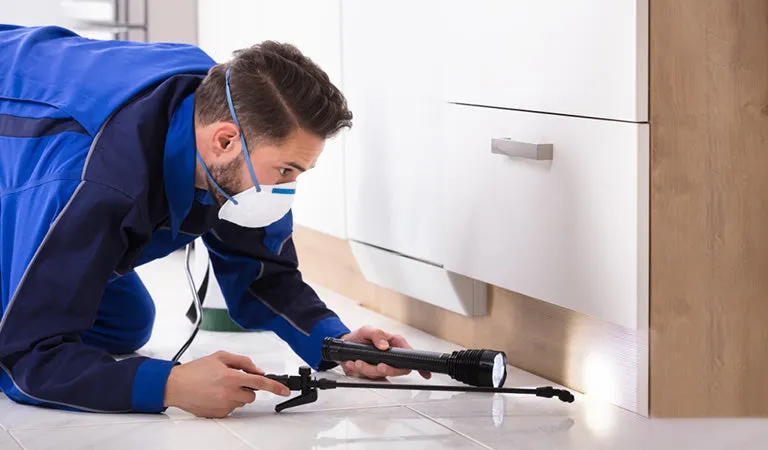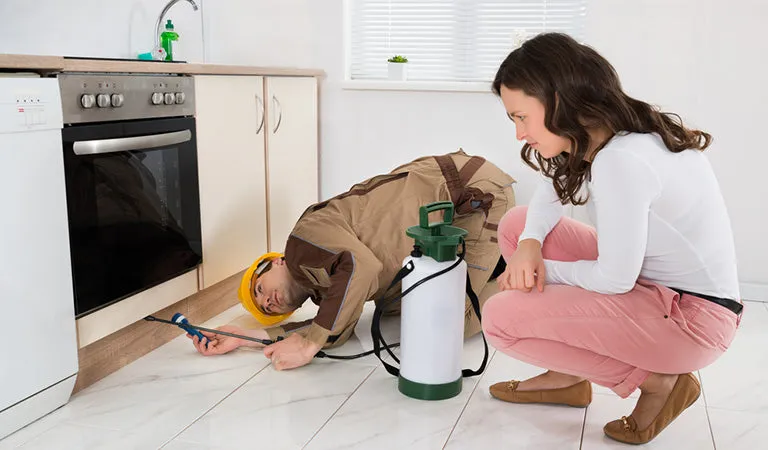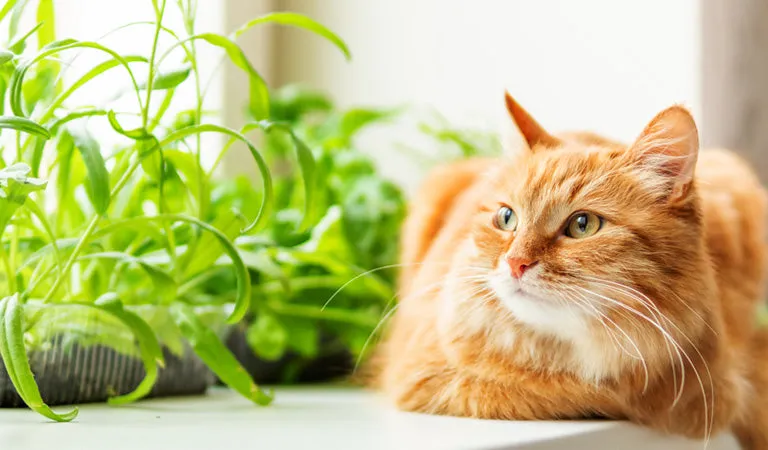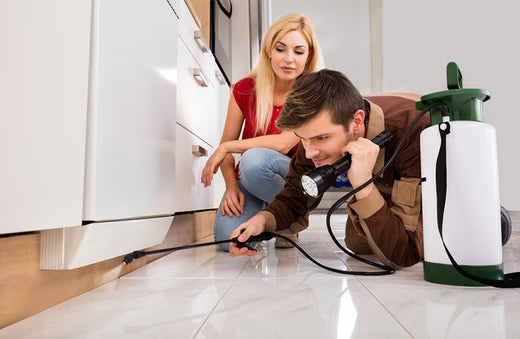Weather conditions highly influence insect reproduction. Warm and humid weather, especially like the one we experience in Singapore all year round can, unfortunately, provide all elements that pests need for survival. The only way you can avoid these unwanted guests is by following an effective pest control guide. However, before launching a pest control operation it is important that you know the kind of pest problems that may affect you.
As these insects and rodents are cold-blooded, their body temperatures look for ambient climates and that is why heat and humidity makes them breed faster as well. Read on to find out some of the most common pests and the most effective methods for keeping them at bay.
Why is Pest Control Necessary?

Pests can prove to be very dangerous as they can not only harm your home but also cause allergies and breathing problems, like asthma. Bed bugs and mosquitoes can cause skin rashes and irritation, and termites and insects can damage clothes and furniture. Rodents and cockroaches can easily access food and contaminate it making it unhealthy to consume. It is important to follow a pest control guide that not only understands these problems but can also offer effective solutions to get rid of this nuisance.
Common Pests
- Cockroaches - These household pests thrive in humid conditions. They normally sneak around bathrooms and kitchen which remain damp for the most part of the day. Humidity control in the house can help bring down the invasion of these pests.
- Mosquitoes - Mosquitoes love heat and humidity. Adult mosquitoes can lay eggs in stagnant water and if you want to avoid their infestation then it is recommended that you don’t leave still-standing water or puddles.
- Fleas - Humidity provides excellent conditions for flea eggs to hatch. The way to prevent a flea infestation is to make sure that your pets don’t come in contact with any animals that could be carriers of fleas. Your pets should also receive regular treatment with specialized flea shampoo to keep them infection-free.
- Rodents - Mice, rats, and possums are pests highly capable of causing damage to expensive possessions. They can damage your electricals by gnawing and chewing the wires and can also be carriers of harmful diseases like leptospirosis, salmonella, tularemia, and coccidiosis. It is important to implement sturdy mouse and rat traps to get rid of these rodents.
How to Get Rid Of Pests

The most convenient option for getting rid of this nuisance is to call an experienced pest control professional. The professionals can organize an inspection of your property and can implement effective and lasting pest control measures. They can also supply you with pest control guides for future prevention. By having the right pest control tools, you can also implement measures to prevent pest infestation in your homes and gardens. Some options are discussed below.
Home Organizing
Seal Any Gaps -
Larger gaps come to our attention easily, however, it is the smaller ones that you need to look out for. There are plenty of unsealed gaps in and around your house where pipes and electrical lines enter and can give bugs and rodents an opportunity to invade.
Organizing Spaces -
Keeping your kitchen, basement and garage organized can help reduce clutter which can be an ideal place for pests to hide and flourish. Kitchen storage racks are great for maintaining a safe clean and organized kitchen.
Moisture Reduction -
Pests love air thick with water vapor and heat. Implementing moisture control can help bring down the humidity levels indoors and keep pests away.
Cover Cracks -
Fixing cracks in foundation or vents and covering holes in walls can prevent cockroaches, ants and other pests from entering. Prevent Dampness - Often dampness can be caused by leaking pipes or faucets. This can cause water to stagnate and provide a breeding ground for different types of insects.
Cleanliness

Proper Food Storage -
Storing food in tight containers with lids can prevent smells from escaping and attracting rodents and pests. Putting away leftovers and clearing bins regularly can keep cockroaches and ants out of your eatables. Investing in bins with lids for your bathroom and kitchen areas is another good idea to keep pests away.
Regular Cleaning -
Maintaining hygienic surroundings can reduce the onset of pests. A periodic and thorough cleaning can not only keep it tidy but also reduces the chances of pests opening up shop under your roof.
Natural Remedies
White vinegar has been known to repel ants and burning herbs like sage can reduce the invasion of mosquitoes. Leftover ground coffee can also deter some critters as they are wary of the odor it emits. Garlic-mint spray can keep your garden and home free of uninvited guests. Like coffee grounds, cornmeal can also prevent an ant invasion.
Pets and Plants

Cats and dogs naturally attract pests like fleas. It is not possible to wash and groom them on a daily basis, however, giving their coat a through brush when they enter the home can help reduce the risk of bugs entering along with them. Monthly tick and flea treatments can keep your beloved pets free from infestations. Always use premium quality pet accessories to maintain a healthy and hygienic atmosphere.
Keep the plants around your house trimmed and maintaining a sufficient clearing space between the bottom siding plant row and the soil around the foundation.
Informative pest control guides can provide you details on pest control products like sprays, sticky paper, zappers, etc. If in spite of maintaining a clean and organized area and implementing the above mentioned preventive measures the pests are sneaking into your home, it may be time to take help from a professional pest controller. Most professionals conduct an extensive survey of your property. This allows them to identify the root cause of the infestation and they implement control measures, accordingly.
There is a possibility that you might be following all preventive measures correctly but are still suffering from a pest infestation as they may be seeking from a neighboring unit. Therefore, it is often recommended that pest prevention be taken on as a community exercise. It is important to understand the seriousness of this problem and take appropriate measures at the earliest.

